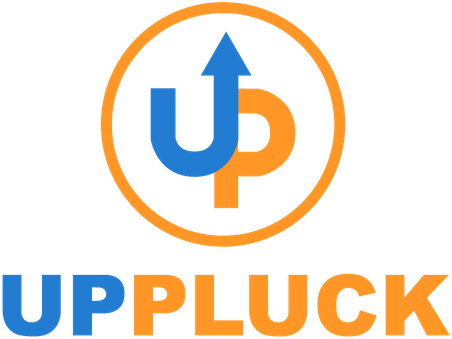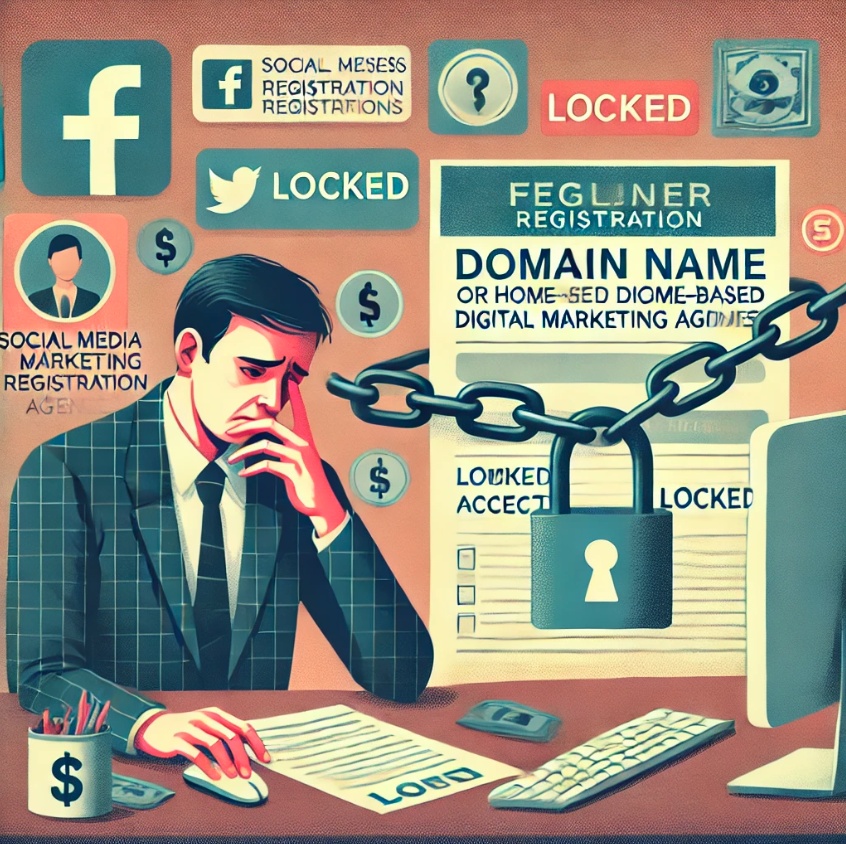Beware When Hiring Freelancers and Home-Based Digital Marketing Agencies for Your Small Business
In today’s digital age, small businesses increasingly rely on digital marketing to build their brand and reach new customers. Whether you’re just starting out or looking to strengthen your online presence, partnering with freelancers or home-based digital marketing agencies may seem like a cost-effective solution. However, there are hidden risks that every small business owner should consider before entrusting these individuals or companies with key aspects of their online identity.
Below, we’ll outline some of the most common pitfalls and provide advice on how to protect yourself.
1. Ownership of Your Online Accounts
A business’s social media presence is invaluable. Facebook, Instagram, and Google My Business (GMB) accounts help connect you to customers and strengthen your reputation. But imagine this: a freelancer or agency sets up your Facebook page, Instagram profile, or GMB listing on your behalf. They use their email address, not yours, to create the account. Now, they control your online presence and can make it difficult—if not impossible—for you to take full ownership.
If they ever demand more money or decide to end your partnership, regaining access to these critical accounts can become a nightmare. In some cases, freelancers or agencies have been known to hold accounts “hostage,” requiring payments just to maintain access or threatening to delete valuable data if payments stop.
What You Can Do:
- Always ensure you create these accounts yourself or are listed as the primary admin.
- If an agency or freelancer needs access, grant them temporary admin or editor roles rather than letting them create the accounts entirely.
- Request documentation from your hired help detailing how accounts were set up and where ownership lies.
2. Domain Ownership – A Critical Issue
A business’s domain name is like digital real estate. It’s the online address customers use to find you, and losing control of it can be devastating. In some instances, agencies or freelancers will purchase a domain name on behalf of their client but register it under their own name. This effectively makes them the legal owner of the domain. If the relationship goes sour, transferring domain ownership back to the business owner can be costly and difficult, if not impossible.
When this happens, business owners can be forced to negotiate for the return of their own domain or, worse, lose it entirely. Attempting to resolve these disputes legally can be both expensive and time-consuming, often costing far more than it would have to simply register the domain name correctly in the first place.
What You Can Do:
- Always purchase and register your domain yourself.
- Use a reputable domain registrar like GoDaddy, Namecheap, or Google Domains and make sure you are listed as the registrant.
- If a freelancer or agency suggests purchasing it on your behalf, politely decline or, at the very least, insist on overseeing the registration process to ensure that you are listed as the owner.
3. Beware of Monthly Recurring Charges
Many small business owners fall into the trap of paying monthly fees for services they don’t fully understand. Some agencies or freelancers will bundle their services in a way that locks clients into high recurring costs. These costs often cover services that were initially presented as part of the setup fee, but clients are later billed repeatedly to maintain access to their accounts or information. Without proper transparency, these fees can add up quickly and strain your budget.
In some cases, agencies may even make it difficult to terminate the contract, threatening to revoke access to key accounts or suspend services. This tactic creates a dependency that keeps small businesses paying indefinitely, often without receiving additional value.
What You Can Do:
- Get clear documentation of all recurring charges upfront.
- Set up detailed contracts that outline specific deliverables and avoid ambiguous fees.
- Only agree to recurring fees for services that clearly add value to your business, like consistent content creation, ongoing SEO, or managed advertising campaigns.
4. Research and Verify Credentials
Not all freelancers and home-based agencies operate unethically, but unfortunately, these incidents occur frequently enough to warrant caution. In many cases, smaller agencies lack the resources and accountability that larger, established firms provide. While the lower prices can be attractive, the risks can far outweigh the benefits.
Look for client reviews, testimonials, or references before entering into a contract with anyone. Pay attention to any red flags, such as clients mentioning being “locked out” of their accounts or having difficulty terminating services. Even a quick online search can often reveal important information that might help you avoid a bad partnership.
What You Can Do:
- Request references and reach out to other small businesses who have worked with the freelancer or agency.
- Take the time to read online reviews and perform a quick background check on the individual or agency.
- Verify that they have a track record of fair and ethical business practices.
5. Set Up Clear Contracts
A clear, comprehensive contract can save you a lot of trouble down the road. This document should cover who owns the rights to any created assets (such as accounts, domain names, and website content), outline payment terms, and specify how to terminate the agreement if needed. The more transparent and thorough your contract, the less room there is for unethical practices.
Even though setting up a contract may seem intimidating or overly formal, it’s a simple step that can save your business from losing control over key online assets or getting locked into unfavorable agreements.
What You Can Do:
- Draft a formal contract that includes ownership and access clauses, payment terms, and an exit strategy.
- Consult a lawyer if you’re unsure of how to word specific terms; the cost of legal advice upfront can prevent much larger expenses later.
- Be wary of any freelancer or agency that resists a formal agreement.
In Conclusion
The allure of affordable digital marketing solutions can sometimes blind small business owners to the potential risks involved. By taking a proactive approach, conducting thorough research, and safeguarding your online assets, you can minimize the chances of an unpleasant situation and build a reliable online presence that serves your business well. Remember, your online presence is one of your most valuable assets—protect it accordingly.
Free Consultation
Office: 888-644-4966 x 777
Email: osvaldo@uppluck.com
#SmallBusinessTips #DigitalMarketing #BusinessOwnership #ProtectYourBrand #FreelancerWarning #BusinessSecurity #DomainOwnership #SocialMediaTips #DigitalMarketingAgency #OnlineReputation #BusinessProtection #SmallBusinessAdvice #AvoidScams #DigitalAssets #SmartBusiness

